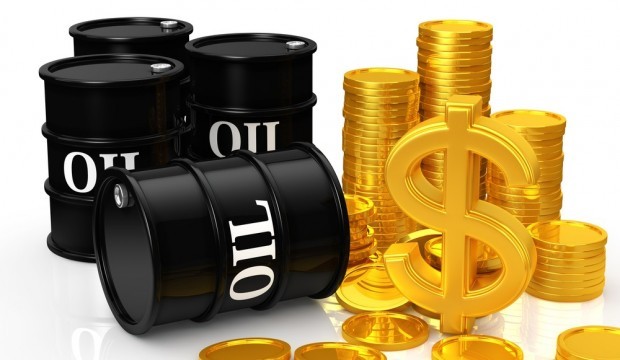Crude oil prices fell significantly on Tuesday despite robust strong US economic data as well as improved employment figures and a positive Purchasing Managers’ Index (PMI).
According to Oilprice.com, Brent crude fell by about 3.5% to trade at $79.76 per barrel, while the American WTI dropped 3.30% to trade at $74.39 per barrel as there are concerns that the Federal Reserve could continue its aggressive policy tightening path.
Oil market not impressed by oil price cap
Oil prices have been on a freefall this week as markets remain unimpressed by the G7 oil price cap that has not led to any anticipated supply shortage.
The European Union (EU) and the United States agreed to a 45-day transition period when parties can still legally purchase crude, provided it is delivered to the end destination by January 19 2023.
Also, the physical traders that usually wait weeks until they learn the final price have expressed their discontentment, saying the price cap is forcing them to take unnecessary risks without having any impact on Brent or WTI quotes.
Most oil cargoes across the planet are priced on a forward and floating basis, implying that if G7 buyers would want to make sure they comply with the price cap, they would need to buy at a fixed price, a rarity in the markets.
Surprise drop in oil prices despite improved US economic, Labour data
The US services industry activity unexpectedly picked up in November, with employment rebounding, offering more evidence of underlying momentum in the economy as it braces for an anticipated recession next year.
News of economic prowess rarely provokes a massive drop in oil prices, however, this week’s robust US economic data, with both labour figures and industry PMI coming in well above expectations, helped to achieve the opposite.
Apart from the Russian oil price cap, Chinese demand, and others, the prospect of the US maintaining higher interest rates for longer is slowly becoming a mainstream idea as inflationary pressures weigh on mid-to-long-term market sentiment.
Oil Price Cap Becomes Reality.
After the Group of Seven agreed on a $60 per barrel price cap last Friday, the new measure came into effect this week amidst repeated pledges from Russia not to sell any oil to countries that are participating in the price capping.
